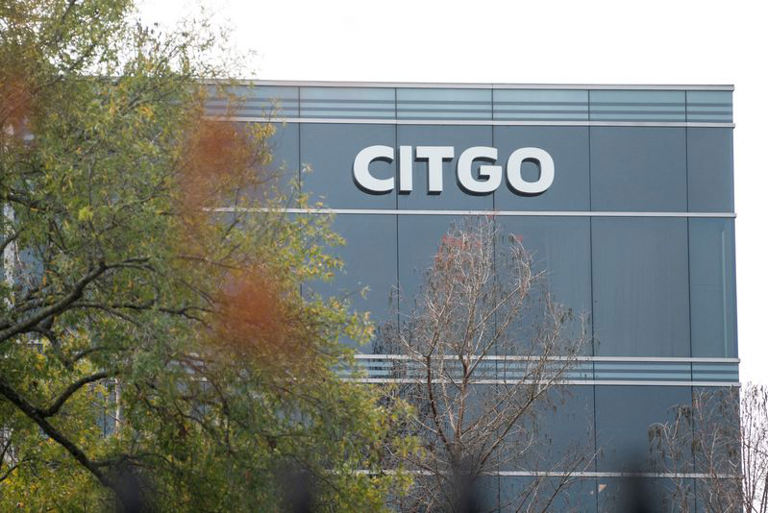The Citgo auction has emerged as a significant focal point in the ongoing saga of Venezuela’s oil assets. With a backdrop of global economic uncertainty, the stakes have never been higher. Recently, the auction garnered attention when an affiliate of hedge fund Elliott Management reportedly became a frontrunner in the bidding process. The auction, overseen by a Delaware court, has seen bids reach substantial figures, with one recent offer hitting $7.4 billion from Gold Reserve, a mining company seeking compensation for a long-standing dispute. For more detailed insights on the current bidding situation, consider visiting Global Arbitration Review.
Current Status of the Citgo Auction
The Citgo auction is currently underway as various parties aim to secure ownership of Citgo Petroleum, a subsidiary of Venezuela’s state-owned PDVSA. This auction process is not just a financial transaction but also a crucial maneuver in international finance and geopolitics. Recent updates indicate that the auction has extended deadlines, facilitating additional bids. Analysts expect this could lead to even higher offers. As part of the ongoing litigation, bidders are navigating complex legal landscapes that reflect both domestic and international laws. Events surrounding this auction highlight the entwined nature of finance and diplomacy in today’s market, with financial repercussions affecting multiple stakeholders, including creditors and investors. For ongoing reporting, check Reuters.
Bidders and Their Strategies in the Citgo Auction
Different bidders in the Citgo auction are employing varied strategies to enhance their chances of securing the asset. Notably, companies like Dalinar Energy, a subsidiary of Gold Reserve, are leveraging their past investments and potential for recovery from long-term disputes. They are striving to present comprehensive proposals that emphasize value beyond just the financial bid, such as operational expertise and local economic development insights. This multidimensional approach aims to resonate with the decision-makers involved in the auction process. The competition is fierce, with each bidder not only vying for ownership but also for a chance to reshape the future of Citgo in the context of U.S.-Venezuela relations.
📊 Key Bidding Strategies
- Financial Leverage: Maximizing ROI through competitive bids
- Networking: Building alliances to strengthen proposals
Impact of the Citgo Auction on Global Markets
The outcome of the Citgo auction could significantly influence global oil markets. Analysts predict increased volatility as bidders react to shifts in supply and demand dynamics. Furthermore, the auction’s result may impact Venezuela’s economic strategies moving forward, particularly regarding its oil exports. Continued monitoring of financial movements, especially concerning hedging and speculation in energy markets, will be crucial as outcomes develop. Stakeholders should prepare for implications that stretch beyond the immediate outcomes of the auction and into broader economic trends, including potential sanctions and international trade policies. More on market dynamics can be found at EnergyNow.
Key Takeaways and Final Thoughts
This ongoing Citgo auction exemplifies the intricate interplay of finance, law, and international relations. With substantial bids and strategic positioning from multiple competitors, the auction is proving to be a pivotal event in the energy sector. As we approach the next critical deadlines, all eyes will be on how these dynamics unfold, with implications reaching far beyond immediate financial transactions. For further insights into future implications, consider checking this report on Reuters.
❓ Frequently Asked Questions
What is the current status of the Citgo auction?
The auction is ongoing with bids reaching up to $7.4 billion, and a final decision is expected soon.
Who are the main bidders for Citgo?
Key bidders include Dalinar Energy and other notable firms positioned strategically to win.
To deepen this topic, check our detailed analyses on Stock Market section







